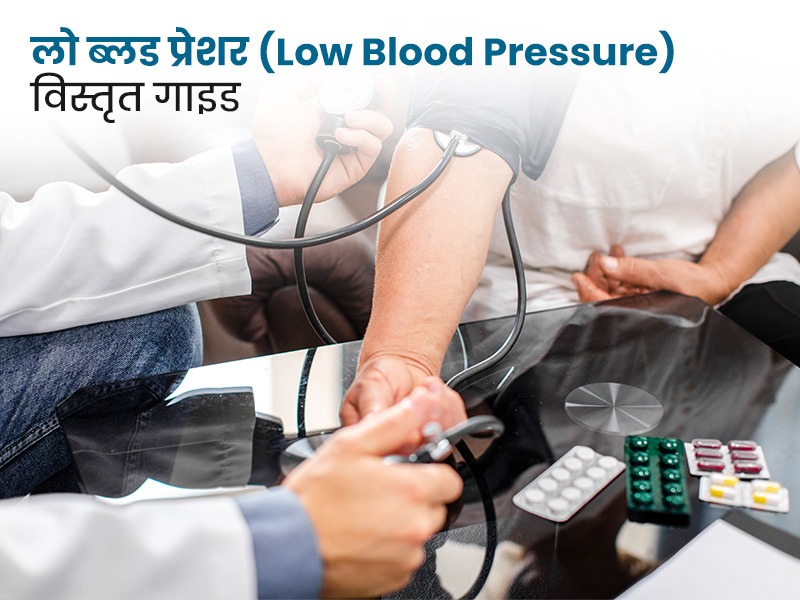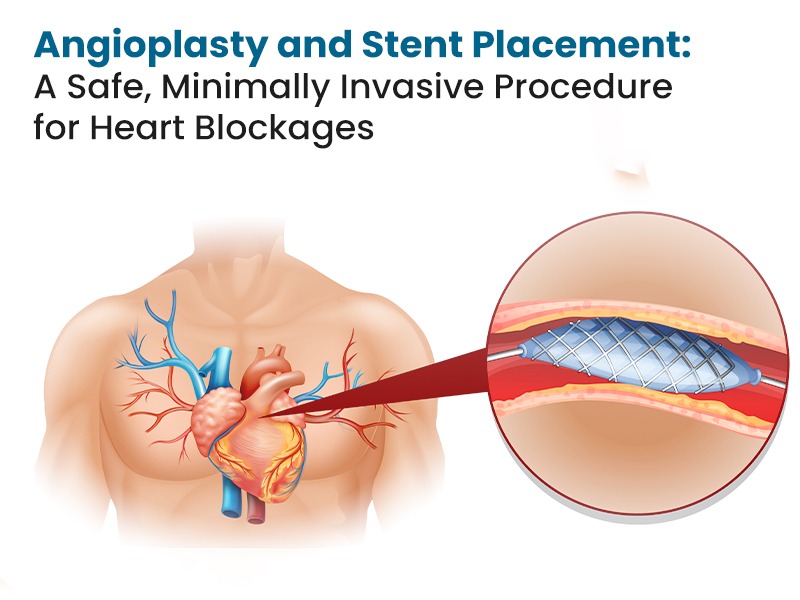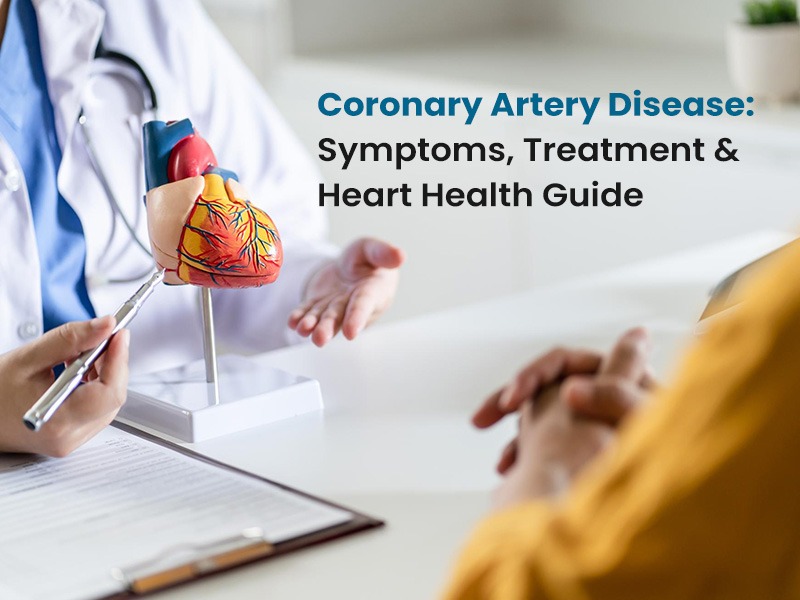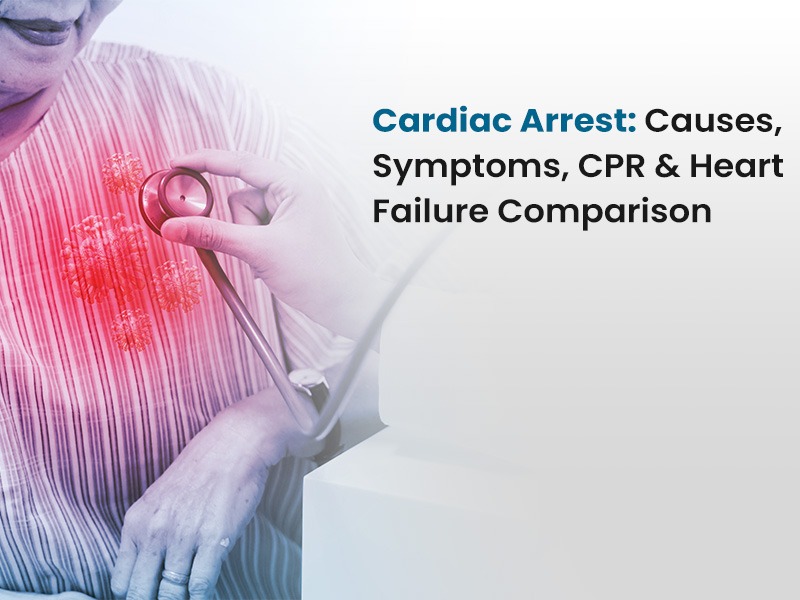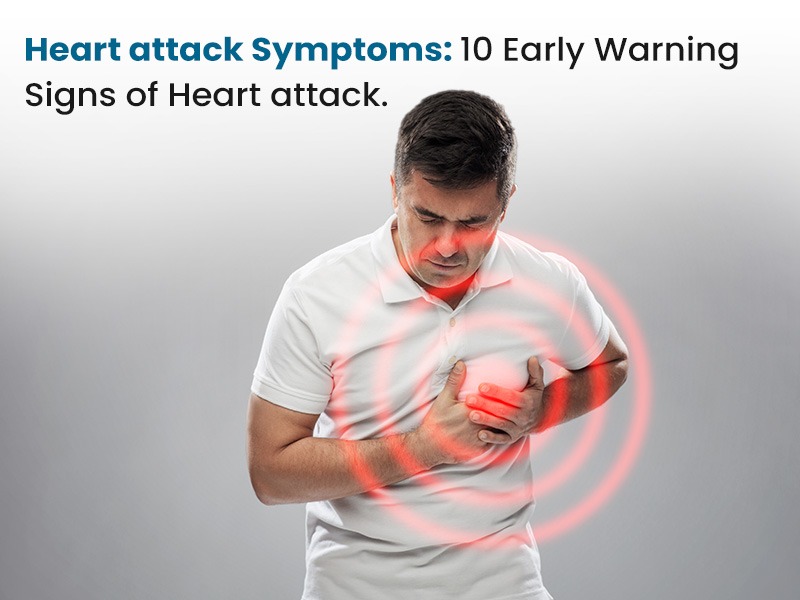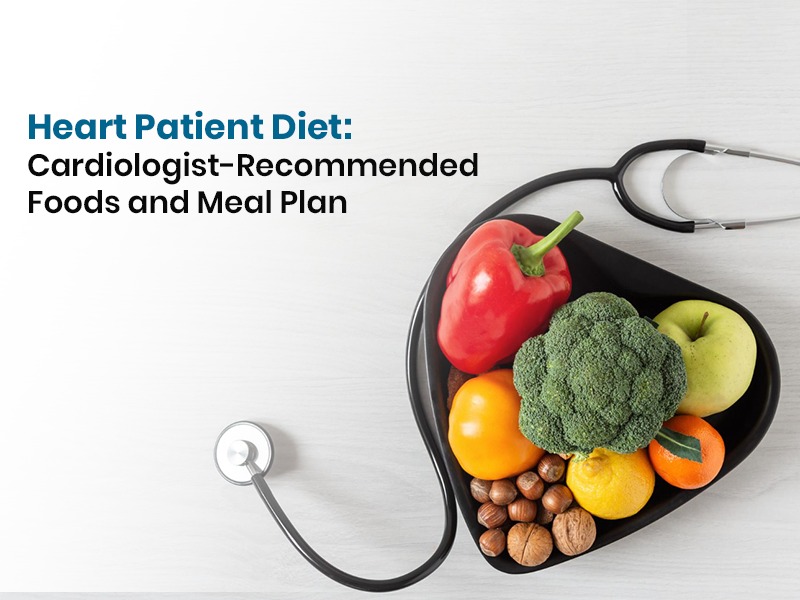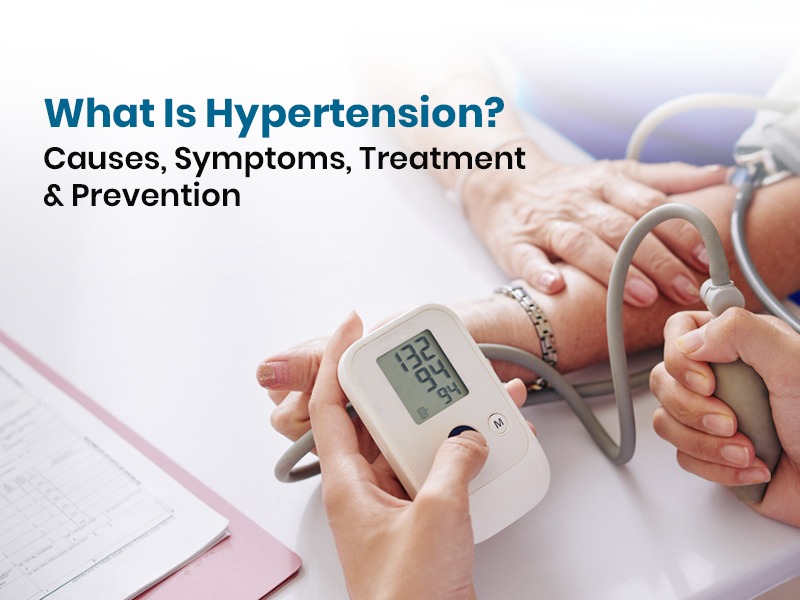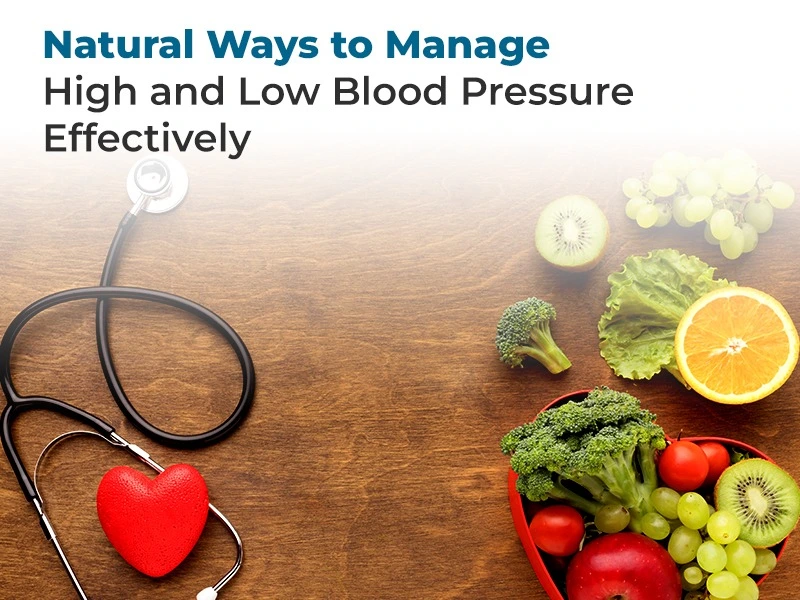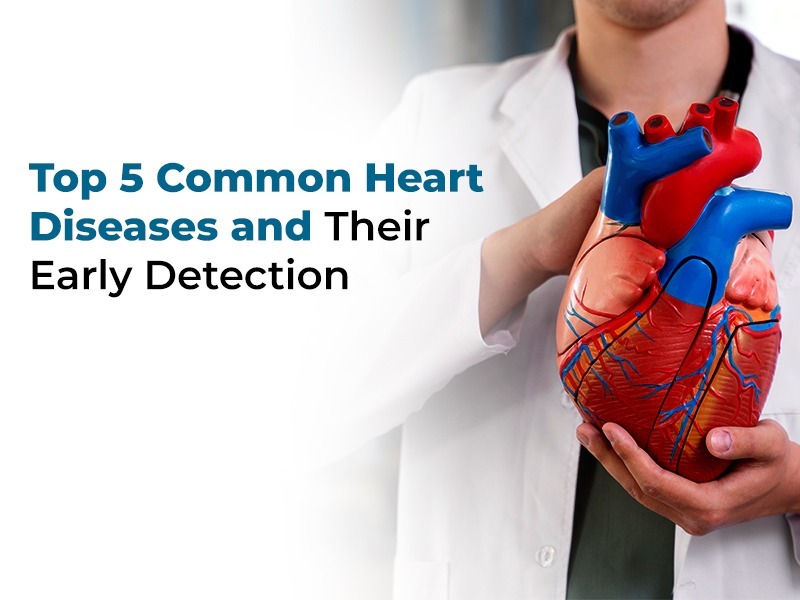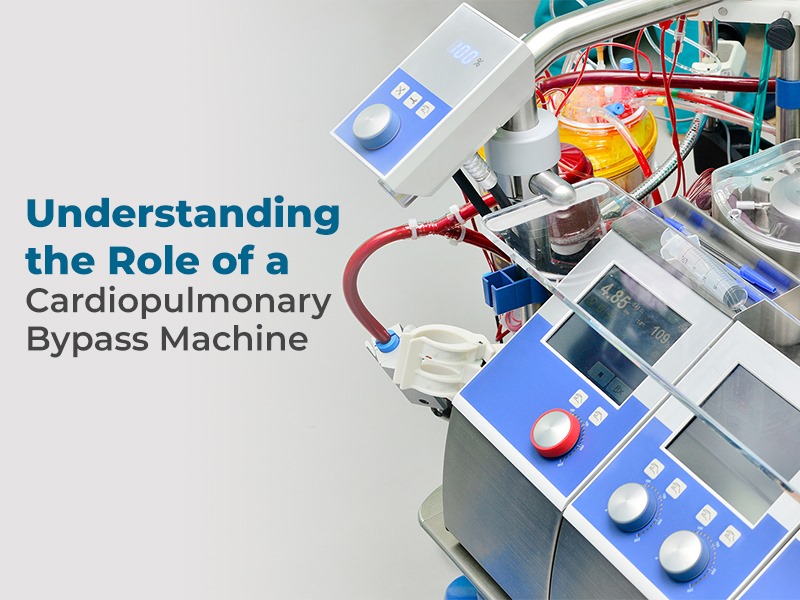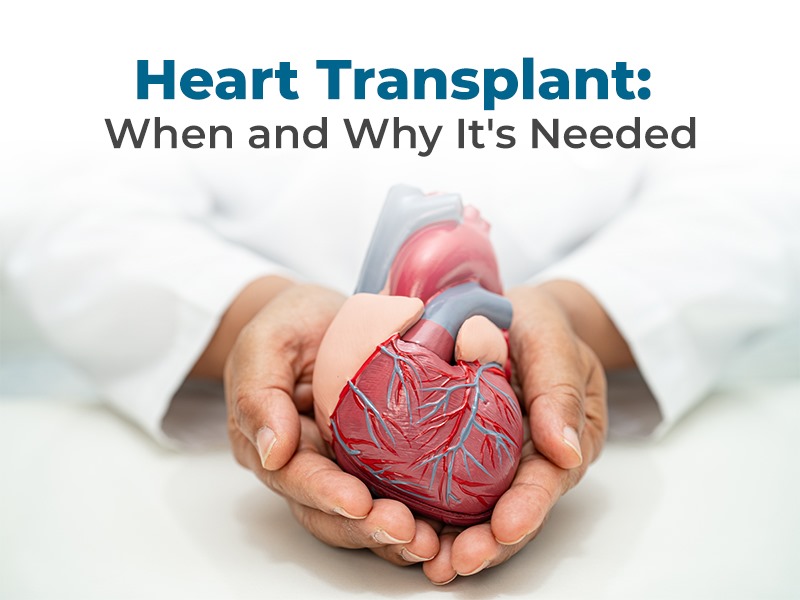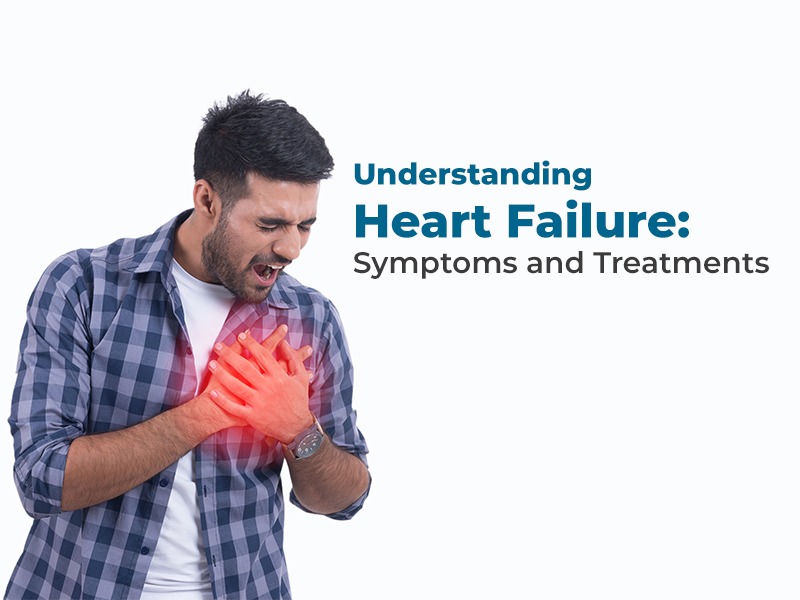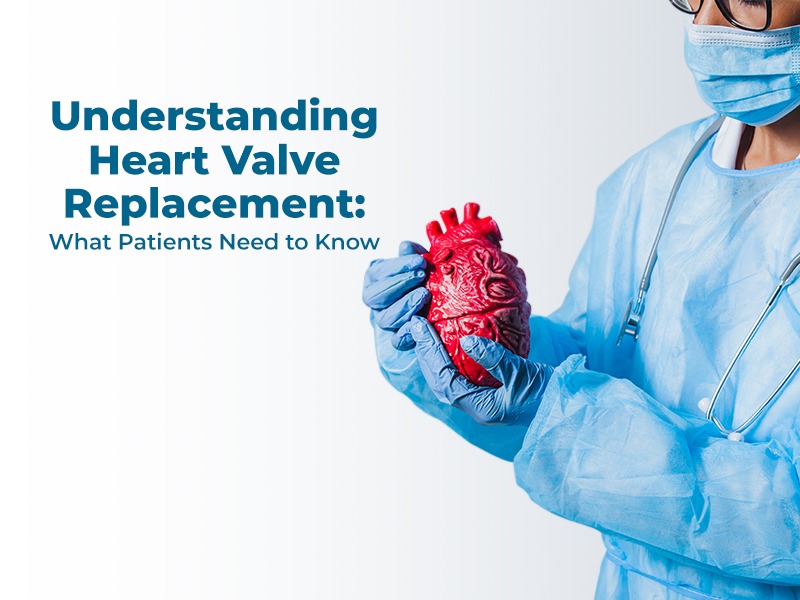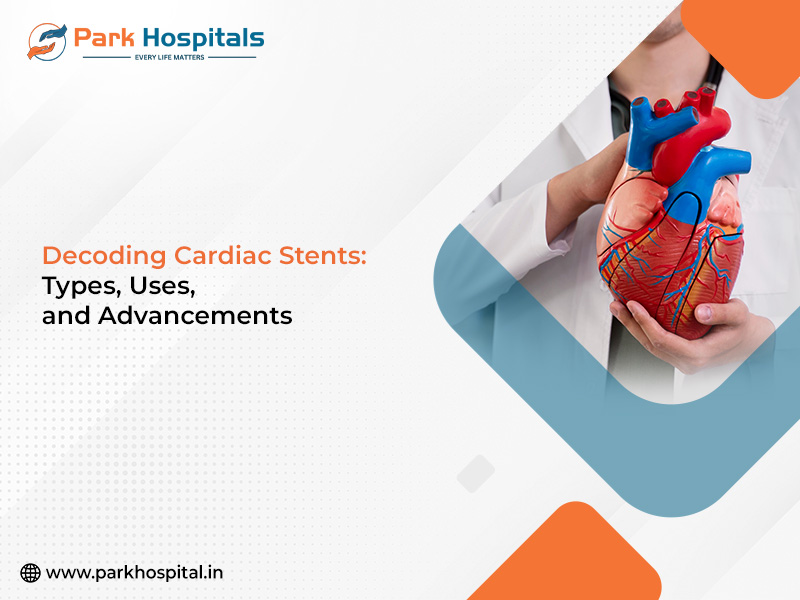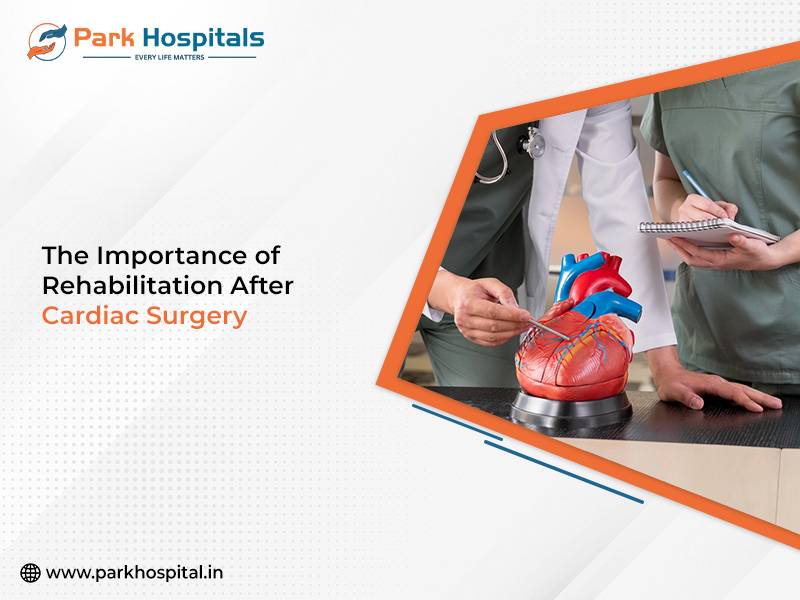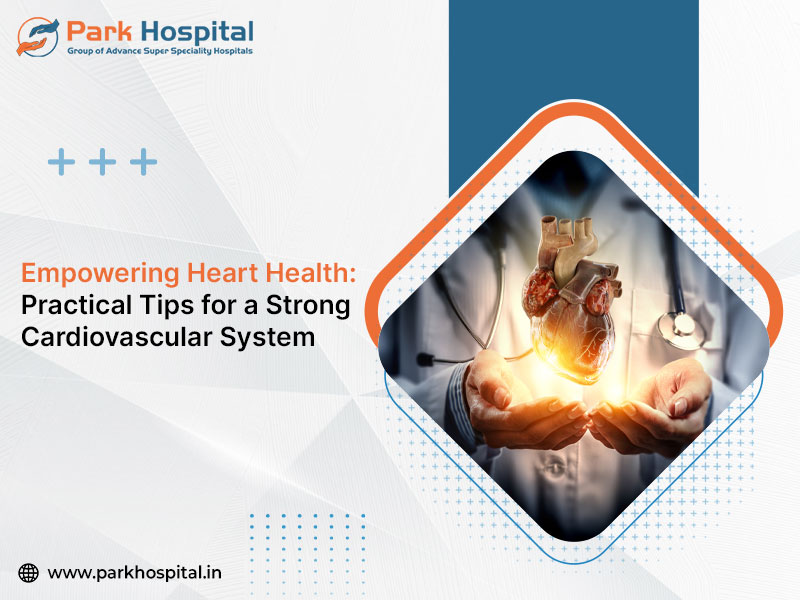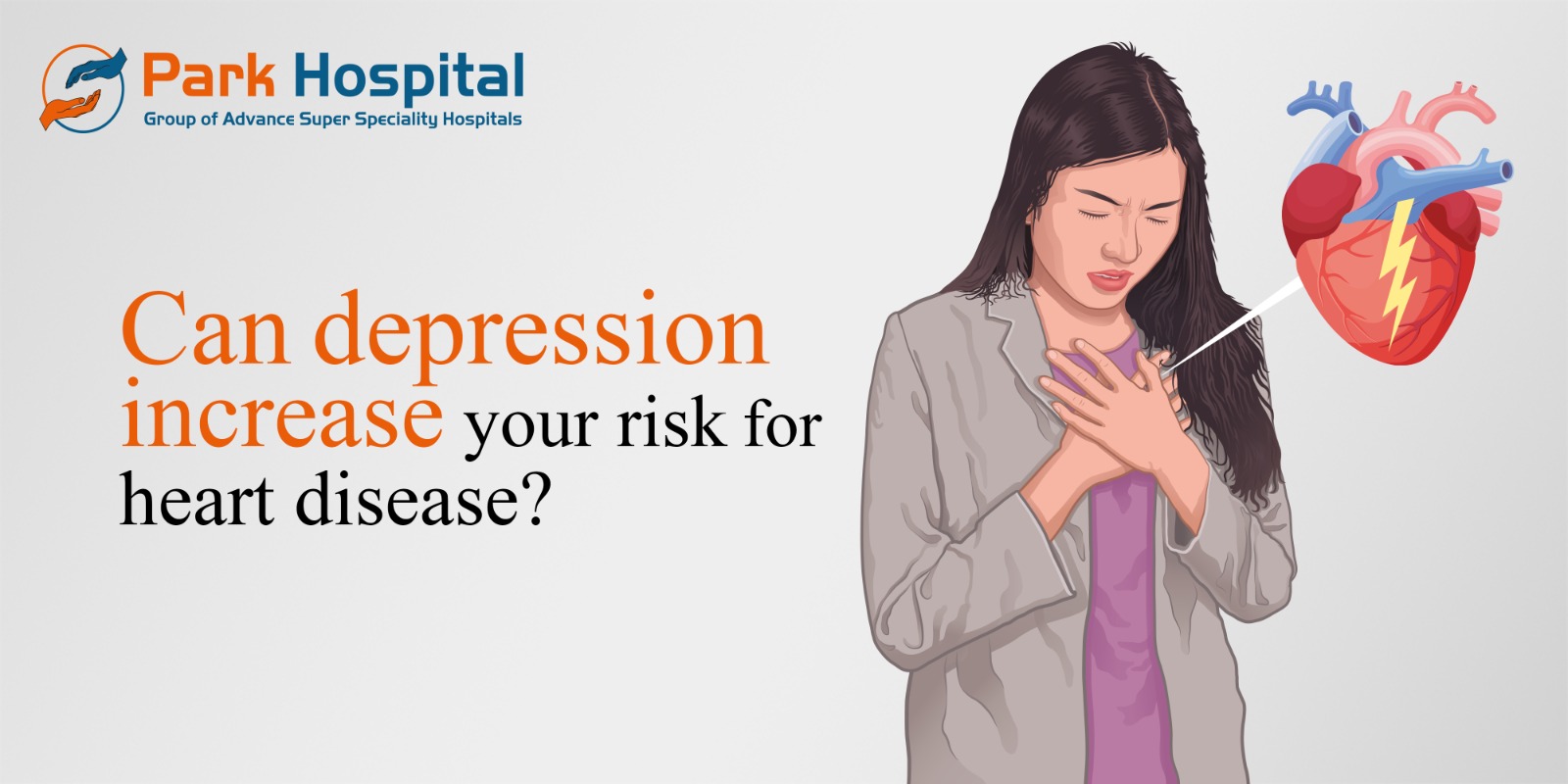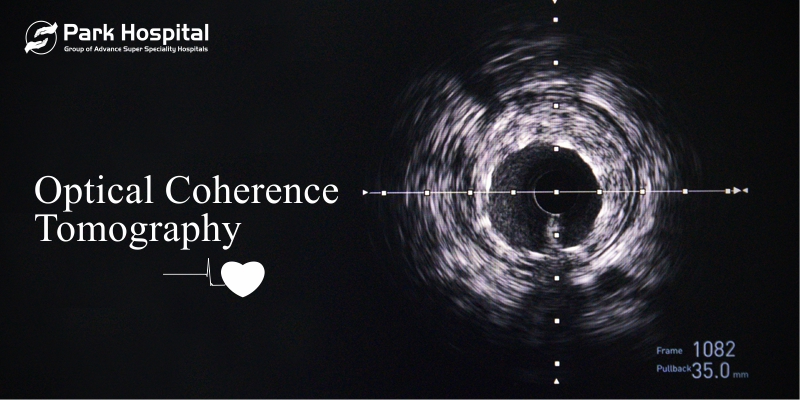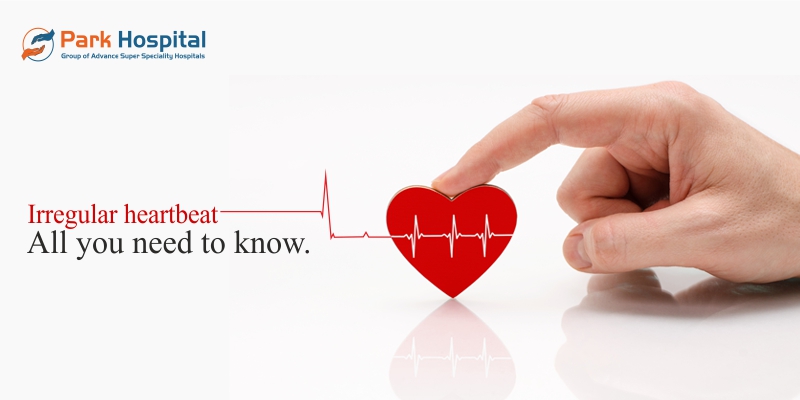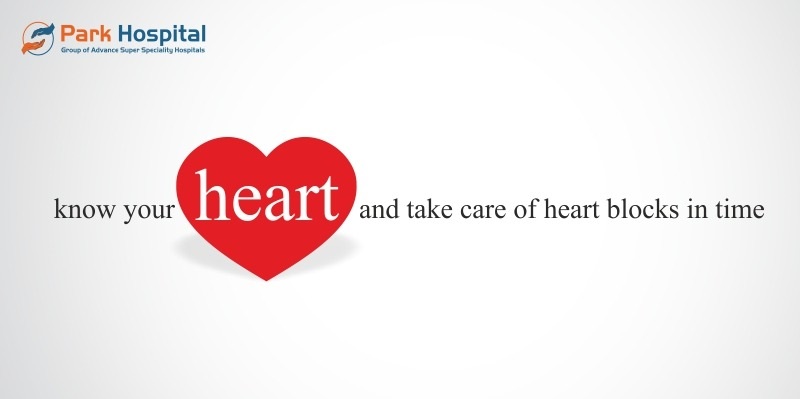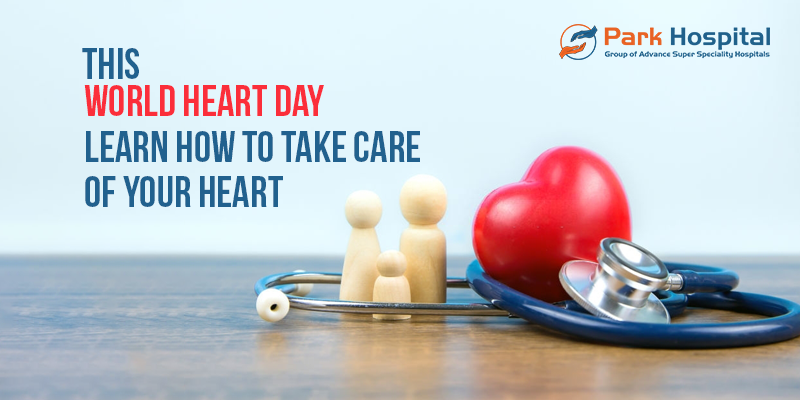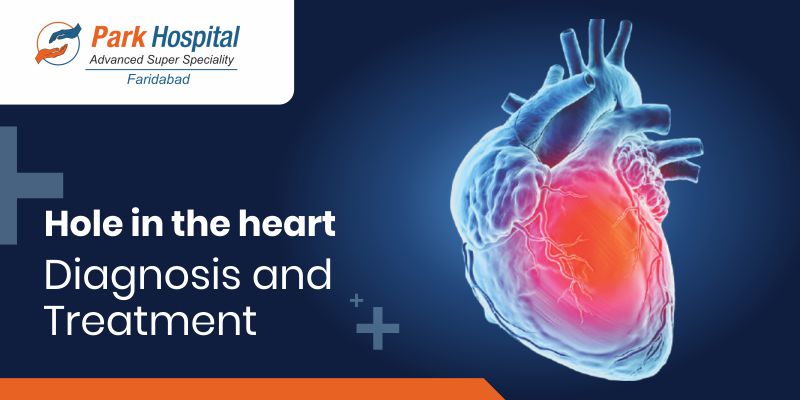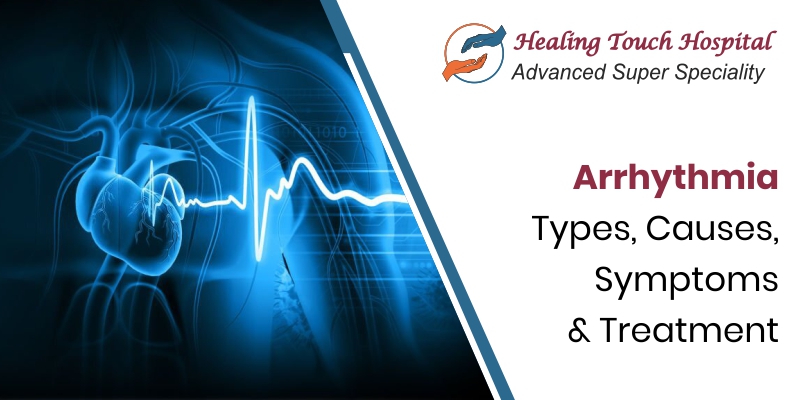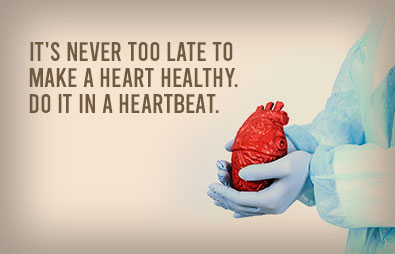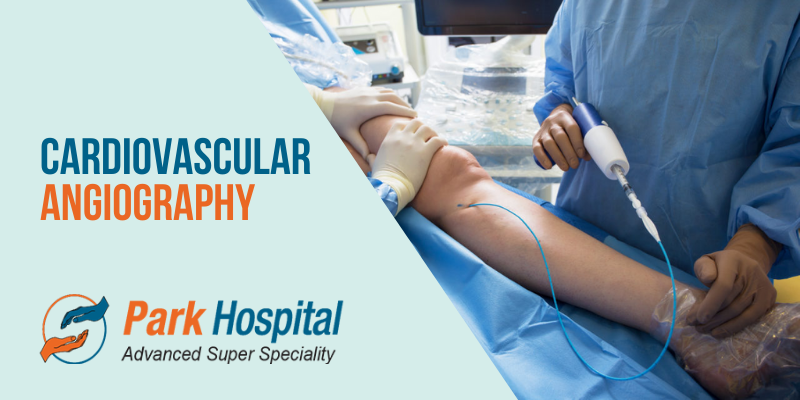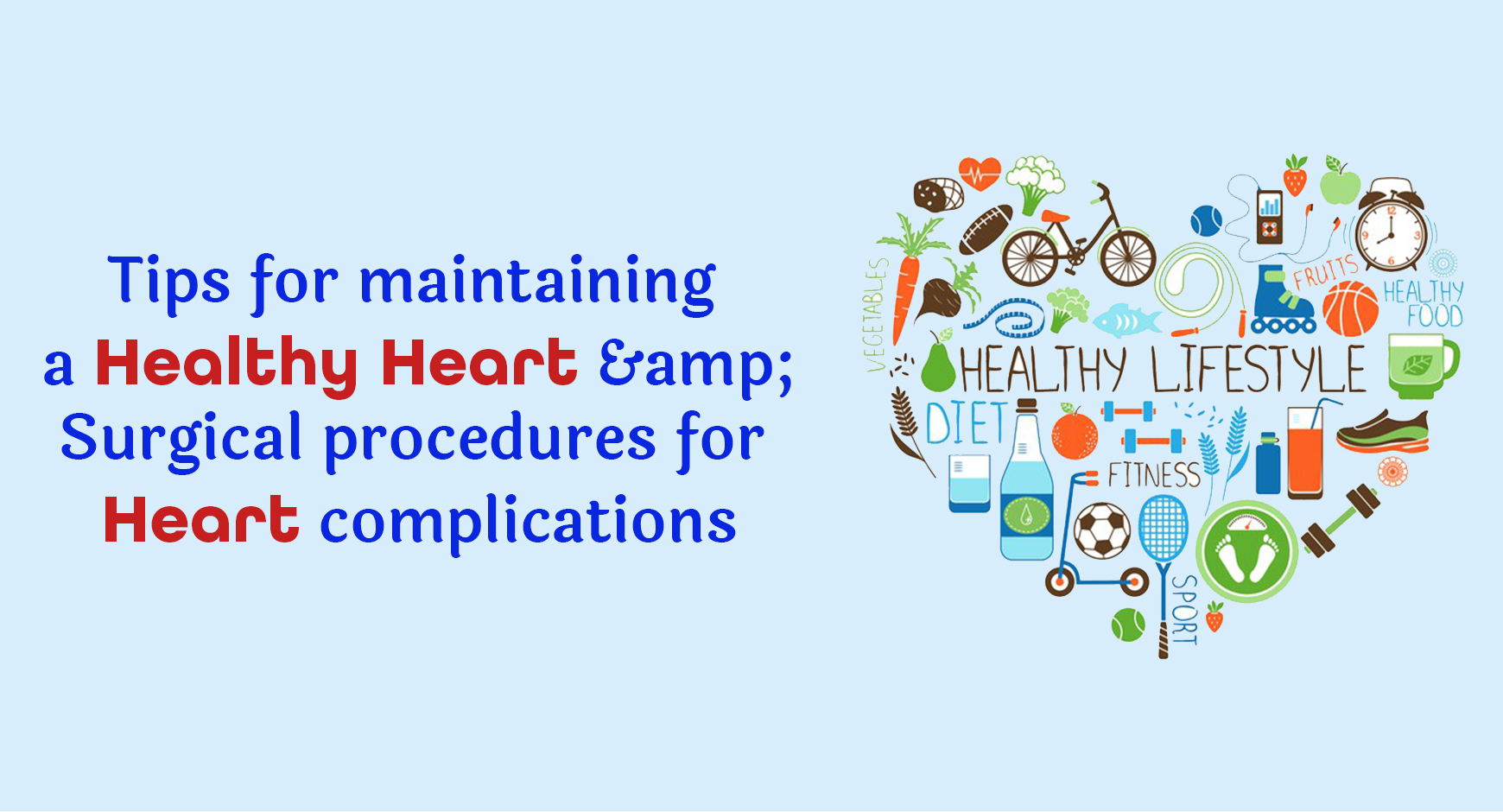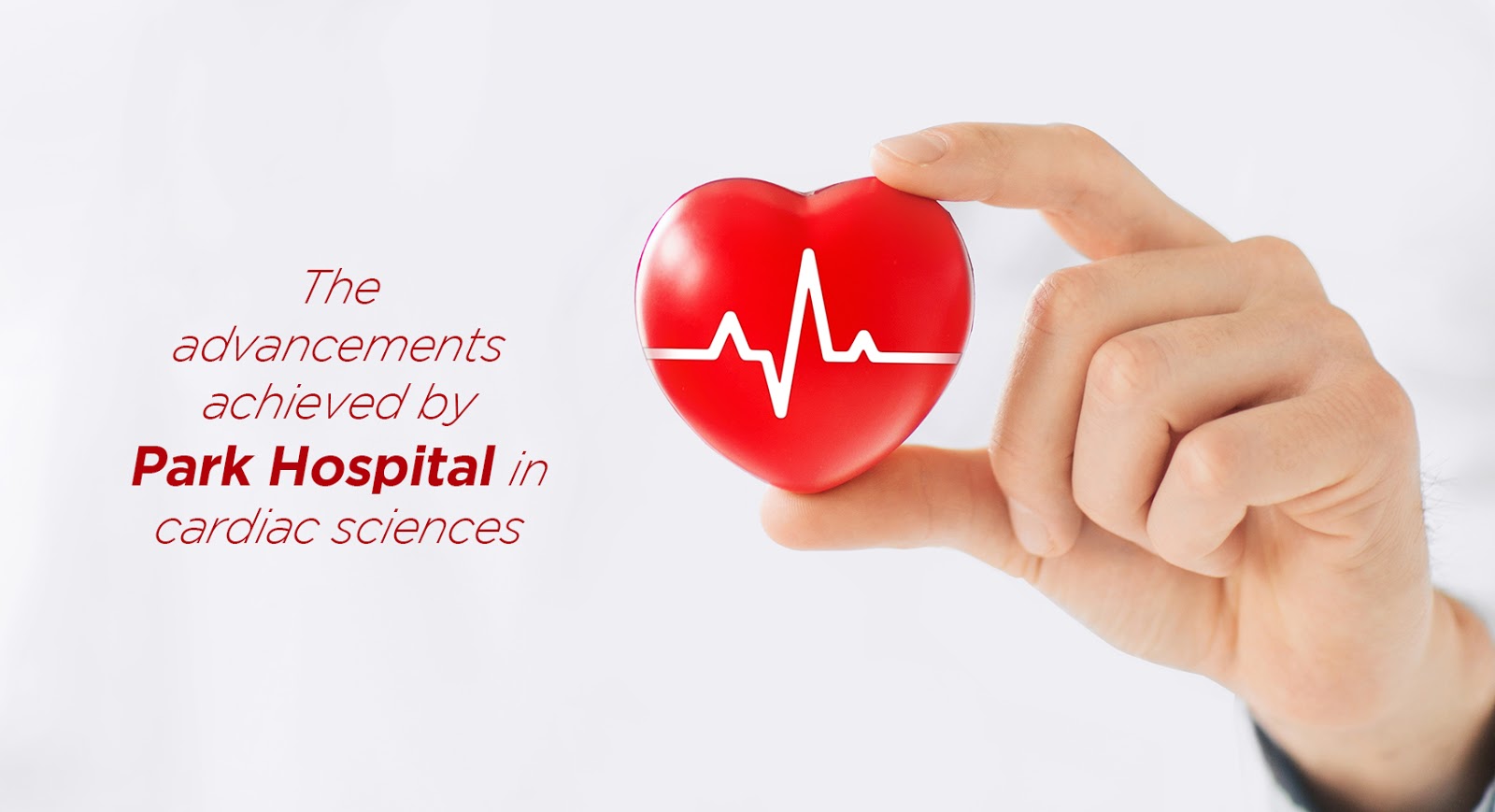Overview
Congestive heart failure (CHF) refers to a chronic condition in which the heart loses its ability to circulate blood effectively. As a result, the body's organs and tissues receive less oxygen and essential nutrients than required. It often leads to symptoms like shortness of breath, fatigue, swelling in the legs, and difficulty breathing during routine activities or even while resting. Recognizing these symptoms early and seeking proper treatment can significantly improve both survival and quality of life.
At Park Group of Hospitals, we provide advanced cardiac diagnostics, specialized therapies, and holistic treatment for congestive heart failure across our network of multispecialty hospitals in Delhi, Gurugram (Sec 47, Palam Vihar, Sec 37 D), Faridabad, Sonipat, Panipat, Karnal, Ambala, Patiala, Mohali, Bathinda, Behror, and Jaipur. Our state-of-the-art cardiac units are supported by experienced cardiologists and emergency services available 24x7 at +91 99166 99166, ensuring you get timely and effective care when it matters most.
What Is Congestive Heart Failure?
Congestive heart failure (CHF) is a chronic and progressive condition where the heart muscle becomes too weak or too stiff to pump blood efficiently. The name might be misleading; but the heart does not actually stop beating. Instead, it signifies that the heart is not able to meet the body’s circulatory demands, resulting in reduced oxygen and nutrient delivery to tissues and organs.
When the heart is unable to pump blood efficiently, it may cause blood to go back up in the veins. This can cause fluid accumulation in the lungs, which leads to shortness of breath, and in other parts of the body such as the legs, feet, ankles, and abdomen, which leads to swelling. This fluid buildup can also affect the liver, kidneys, and gastrointestinal tract, further complicating health.
Congestive heart failure can be acute (sudden onset) or chronic (developing over time). It may affect the left side, right side, or both sides of the heart. The condition is commonly caused by underlying problems such as coronary artery disease, long-standing high blood pressure, heart attacks, valve disorders, or cardiomyopathy.
Managing CHF involves a multifaceted approach. This includes lifestyle changes such as following a low-sodium diet, maintaining a healthy weight, avoiding alcohol and tobacco, and engaging in safe levels of physical activity. Medications like diuretics, ACE inhibitors, and beta blockers help relieve symptoms and slow disease progression. In advanced cases, surgical interventions like coronary artery bypass, valve replacement, or implantable devices like pacemakers and defibrillators may be required.
Although congestive heart failure is a serious condition, with early diagnosis and a tailored treatment plan, many individuals can manage their symptoms and lead active, meaningful lives.
Congestive Heart Failure Symptoms
Recognizing the congestive heart failure symptoms early can prevent complications and improve outcomes:
• Feeling breathless when doing physical activities or even while resting flat on your back
• Puffiness or bloating in your legs, ankles, feet, or stomach area
• Fatigue and weakness
• Rapid or irregular heartbeat
• Persistent cough or wheezing
• Sudden weight gain from fluid retention
If you experience any of these signs of congestive heart failure, it is important to consult a heart specialist.
Types of Congestive Heart Failure
Congestive heart failure is classified based on which part of the heart is affected and how the pumping function is impaired. Understanding these types helps in determining the appropriate treatment approach.
• Left Sided Heart Failure: This is the most common form of CHF. When the left ventricle fails to pump blood efficiently to the rest of the body, this condition may develop. As a result, blood backs up into the lungs, leading to shortness of breath, coughing, and fluid accumulation in the chest.
• Right Sided Heart Failure: This type of CHF happens when the right ventricle loses its ability to pump blood to the lungs. It usually develops as a result of problems in the left side of the heart. When the right side begins to struggle, it can lead to fluid accumulation in areas like the legs, ankles, abdomen, and liver. This buildup often results in noticeable swelling and a feeling of discomfort.
• Systolic Heart Failure: This condition is also known as heart failure with reduced ejection fraction, occurs when the heart's pumping ability becomes weak. In this condition, the heart muscle cannot contract properly, which means it fails to push enough blood out to meet the body's demands. This results in reduced blood circulation and insufficient oxygen supply to the tissues throughout the body.
• Diastolic Heart Failure: This condition is also known as heart failure with preserved ejection fraction. It develops when the heart muscle loses its ability to relax efficiently due to increased stiffness. Because of this, the lower chambers of the heart (ventricles) are unable to fill with an adequate amount of blood during the resting phase between heartbeats. This results into the backup of blood in the lungs and body, often causing symptoms such as shortness of breath, tiredness, and swelling.
Many patients may have a combination of these types, requiring a comprehensive evaluation and individualized treatment plan.
Causes and Risk Factors
Several health conditions can lead to CHF:
• Coronary artery disease (CAD)
• Heart attack (myocardial infarction)
• High blood pressure
• Diabetes
• Obesity and smoking
Managing these risk factors effectively may help reduce the chances of heart failure worsening or developing further.
Congestive Heart Failure Stages
Congestive heart failure stages are classified into four progressive phases, each reflecting a different degree of heart damage and symptom severity. Understanding these heart failure stages is essential for tailoring the right treatment and improving outcomes. The stages of CHF help doctors identify how far the condition has progressed and determine the best course of action for each individual.
• Stage A: This stage includes those individuals who have a higher chance of developing heart failure in the future, even though their heart currently appears structurally normal and they do not experience any symptoms. Risk factors at this stage commonly include hypertension, type 2 diabetes, obesity, or a family history of cardiomyopathy. The goal here is prevention through early action. Physicians often advise patients to maintain a healthy weight, follow a heart-smart diet, exercise regularly, and take prescribed medications to manage underlying health conditions effectively.
• Stage B: Patients in this stage have developed structural heart disease, such as previous heart attack damage or heart valve disease, but still do not experience any symptoms of heart failure. Early medical intervention with appropriate medications can slow progression and prevent symptoms from developing.
• Stage C: This stage includes individuals who have structural heart disease and are currently experiencing or have previously experienced symptoms such as shortness of breath, fatigue, and fluid retention. Treatment focuses on symptom control, improving quality of life, and reducing the risk of hospitalizations. Medications, lifestyle changes, and in some cases, cardiac devices may be needed.
• Stage D: This is the most critical and final stage of heart failure. In this stage, symptoms become constant and significantly impact daily life, even with the best possible medical treatment. Individuals may need advanced options such as ventricular assist devices, a heart transplant, or palliative care to help improve comfort and maintain quality of life.
Understanding the stages of CHF empowers you and your healthcare team to take proactive steps toward better heart health and develop a personalized care strategy that evolves with your condition.
Diagnosis of CHF
Diagnosing congestive heart failure involves a comprehensive approach that evaluates your symptoms, medical history, and the condition of your heart. Early and accurate diagnosis is essential for timely treatment and better outcomes.
Doctors typically use the following tools to diagnose CHF:
• Physical Examination: Your doctor will check for physical signs such as swelling in the legs and abdomen, irregular heartbeat, lung congestion, and neck vein distention.
• Blood Tests: Levels of B-type natriuretic peptide (BNP) or NT-proBNP are often elevated in heart failure. Other blood tests may assess kidney and liver function, electrolytes, thyroid levels, and more.
• Echocardiogram (Heart Ultrasound): This is the most crucial test used to evaluate the heart’s function. It helps in assessing how effectively the heart is pumping blood, known as the ejection fraction. Additionally, it provides detailed information about the size and structure of the heart chambers and checks whether the heart valves are working properly.
• Electrocardiogram (ECG): Measures the electrical activity of your heart to identify abnormal rhythms, prior heart attacks, or signs of hypertrophy.
• Chest X-ray: Helps detect heart enlargement, fluid buildup in the lungs, or other signs of CHF.
• Stress Test or Cardiac MRI: These advanced tests assess heart performance under exertion and provide detailed images of the heart’s structure and function. It plays a crucial role in identifying complicated heart conditions and evaluating the extent of tissue injury.
These diagnostic methods help determine the severity of CHF, its underlying cause, and the most effective course of treatment.
Congestive Heart Failure Treatment
Managing congestive heart failure involves a combination of medical therapy, lifestyle adjustments, and sometimes surgical interventions. A well-structured treatment plan helps improve quality of life, reduce hospitalizations, and slow disease progression.
Medications
Medications play a central role in congestive heart failure treatment and controlling symptoms and improving heart function:
• ACE inhibitors and ARBs: These help in relaxing the blood vessels, which lowers blood pressure and allows the heart to pump with less effort.
• Beta blockers: Help the heart beat more efficiently and prevent irregular rhythms.
• Diuretics: Also known as water pills, they remove excess fluid from the body to ease swelling and breathing difficulty.
• Aldosterone antagonists: These support fluid balance and help retain potassium.
• Other medications: Nitrates, hydralazine, and newer agents may be used depending on patient-specific conditions.
Lifestyle Modifications
Including heart-healthy habits is vital in managing CHF:
• Low sodium diet: Helps reduce fluid retention and lowers blood pressure.
• Fluid management: Monitoring intake prevents fluid overload and congestion.
• Regular mild exercise: Walking or light aerobic activity, approved by your doctor, strengthens your heart.
• Avoid tobacco and alcohol: These increase strain on the heart and worsen symptoms.
• Daily weight checks: Sudden changes may signal fluid buildup.
Surgical or Device Interventions
Advanced stages may require specialized procedures:
• Coronary artery bypass surgery: For patients with blocked arteries contributing to heart failure.
• Valve repair or replacement: Helps restore efficient blood flow when valves are diseased.
• Implantable devices: Pacemakers or ICDs (Implantable Cardioverter Defibrillators) help maintain proper heart rhythm and prevent cardiac arrest.
Always consult a cardiologist to determine the most appropriate treatment based on the severity and type of heart failure.
Daily Life with CHF: Management Tips
Living with congestive heart failure requires daily attention and consistency to keep symptoms under control and prevent hospital visits. Here are practical tips to help manage your condition more effectively:
• Monitor weight daily: Sudden weight gain may indicate fluid retention. Track your weight at the same time each morning and report significant changes to your doctor.
• Keep a symptom journal: Record your symptoms, blood pressure, and any changes in energy levels or swelling. This helps your healthcare team adjust treatment as needed.
• Follow medication schedule strictly: Take your medications exactly as prescribed, without missing doses. Set reminders or use a pill organizer to stay consistent.
• Stay active with guided physical activity: Engage in light exercises like walking or stretching, approved by your cardiologist, to maintain heart function and improve stamina.
• Reduce stress and prioritize sleep: Manage stress through relaxation techniques like meditation or yoga. Aim for at least 7–8 hours of restful sleep each night to support heart health.
Congestive Heart Failure Complications
If not managed properly, congestive heart failure can lead to serious health issues affecting other organs and systems in the body. These complications of CHF can significantly impact a patient's quality of life and overall prognosis:
• Kidney failure: Reduced blood flow caused by CHF can impair kidney function, leading to fluid retention and dangerous imbalances in electrolytes.
• Liver damage: Chronic fluid buildup can cause congestion in the liver, resulting in scarring, impaired liver function, or cirrhosis over time.
• Heart valve dysfunction: CHF can strain the heart valves, leading to leakage or improper closure, which further weakens the heart's ability to pump blood efficiently.
• Arrhythmias (irregular heartbeat): The electrical system of the heart may become disrupted, increasing the risk of dangerous heart rhythms, stroke, or sudden cardiac arrest.
Early diagnosis, regular monitoring, and consistent treatment are critical to preventing the complications of CHF and improving long-term outcomes.
Prevention of Congestive Heart Failure
Prevention of CHF begins with embracing a heart-healthy lifestyle and managing risk factors proactively. By taking the right steps early, you can significantly reduce your chances of developing CHF or slow its progression if you are at risk.
• Eat a balanced, low sodium diet: Focus on fruits, vegetables, whole grains, and lean proteins. Limit processed foods and salty snacks to prevent fluid retention and control blood pressure.
• Exercise regularly: Aim for at least 20 minutes of moderate exercise most days of the week.
• Manage blood pressure and blood sugar: Keep these levels within the normal range through lifestyle changes and medication if prescribed. Uncontrolled hypertension or diabetes can strain the heart.
• Quit smoking and alcohol: Smoking narrows blood vessels and increases the risk of plaque buildup, while excessive alcohol weakens heart muscles.
• Get regular heart checkups: Periodic screening and early intervention can help detect problems before they become life-threatening.
Conclusions
Congestive heart failure is a serious yet manageable condition that requires ongoing attention and care. With timely diagnosis, appropriate medical treatment, and strong support from expert cardiologists and advanced facilities like those at Park Hospitals, patients can effectively manage their condition and improve their quality of life.
At Park Group of Hospitals, we emphasize early intervention, comprehensive treatment plans, and patient education to help individuals live longer, healthier lives despite a CHF diagnosis. Whether you're newly diagnosed or managing symptoms, do not ignore the warning signs. The earlier you act, the better you have your chances of avoiding complications.
Prioritize regular heart checkups, adopt heart-friendly habits, and seek professional guidance when symptoms emerge. By taking proactive steps and staying consistent with your care plan, you can take full control of your heart health and live more confidently each day.
Frequently Asked Questions (FAQs)
1. What symptoms are usually seen in congestive heart failure?
Congestive heart failure individuals typically present with shortness of breath, especially during physical activity or while lying flat. Individuals may also experience ongoing tiredness, swelling in the lower limbs or abdomen, a fast or irregular heartbeat, and a frequent cough or wheezing. In some cases, there may be sudden weight gain due to the accumulation of fluid in the body.
2. How is congestive heart failure diagnosed?
Diagnosis of CHF involves a thorough clinical assessment by a cardiologist. This may include reviewing medical history, conducting a physical examination, and ordering diagnostic tests such as blood tests to measure BNP levels, electrocardiogram (ECG) to check heart rhythm, chest X-rays to assess fluid in the lungs, and echocardiograms to evaluate heart function and structure.
3. Can CHF be managed with lifestyle changes alone?
Lifestyle changes such as adopting a heart-healthy diet, engaging in regular exercise, quitting smoking, and reducing sodium intake can greatly benefit patients in the early stages. However, most individuals will require medications and continuous monitoring, and some may need surgical interventions or implantable devices for effective management.
4. Is congestive heart failure curable?
While congestive heart failure is not completely curable, it can be effectively managed with the right combination of medical care and lifestyle modifications. Early diagnosis, personalized treatment plans, regular follow-ups, and a healthy routine can help patients maintain a good quality of life. Many individuals live longer with better symptom control and fewer hospital admissions when the condition is addressed proactively. With early diagnosis, appropriate treatment, regular follow-ups, and a commitment to lifestyle changes, many patients live long, productive lives with controlled symptoms and fewer hospital visits.
5. How can I book an appointment with a heart specialist?
To consult a cardiologist, you can reach out to Park Group of Hospitals through our emergency helpline at +91 99166 99166. You may also visit any of our multispecialty hospital branches located in Delhi, Gurugram (Sec 47, Palam Vihar, Sec 37 D), Faridabad, Sonipat, Panipat, Karnal, Ambala, Patiala, Mohali, Bathinda, Behror, and Jaipur.



